To Sleep Perchance to Write
Some people say they’ll sleep when they’re dead; they can’t bother to sleep right now. Too much to do. Too many books waiting to be written. And they’re not going to get written while they’re sleeping.
For those of us (yes, I’m one of them) who feel sleep should be phased out, ignoring the need for sleep is going to make us “dead” sooner than later. Pushing hard without sleep for long periods of time is bad for our health. And worse (as far as some of us are concerned)—it’s a productivity killer.
Studies show that the short-term productivity that results from skipping sleep is negated by the detrimental effects on our mood, ability to focus, and access to high brain function for days that follow. Even drunk people can sometimes outperform those who are sleep-deprived.
New research shows that when you sleep, your brain actually removes toxic proteins from its neurons, and this can only occur when you’re asleep. It’s like our brains offload bad stuff while we’re konked out, sneaking it out the back door, so to speak. If we don’t get enough sleep, those toxic proteins build up, wreaking havoc in our heads and impairing our ability to think clearly. And no, coffee won’t fix this problem.
Why Sleep Deprivation Is Bad for Your Health
Sleep deprivation kills your concentration and creativity. But it also causes more damage than that.
It’s been linked to heart attacks, strokes, type 2 diabetes, and obesity. Sleep deprivation stresses you because it triggers the body to overproduce cortisol. Cortisol can bring about negative side effects, weaken your immune system, and make you look older (because cortisol breaks down skin collagen). And in men (sorry, guys!), lack of proper sleep reduces testosterone levels and lowers sperm count.
Numerous studies show that people who get enough sleep live longer, healthier lives. If that’s not enough for you to think twice about cheating yourself on sleep, lack of sleep compromises your body’s ability to metabolize carbs and control food intake. When you sleep less, you eat more, and have a harder time burning those calories. So sleep deprivation can make you fat!
Going without sleep makes you hungrier by increasing the appetite-stimulating hormone ghrelin and reduces the levels of the hormone leptin, which helps you feel satiated.
People who sleep less than six hours a night are 30% more likely to become obese than those who sleep seven to nine hours a night (though, no guarantees, of course. And don’t use those long hours of sleep to justify overeating!).
So How Much Sleep Do We Really Need?
Those seven to nine hours are usually enough to do the trick. Few people function at their best with fewer hours, though some need more. A recent survey of top CEOs found that less than half get a minimum of six hours of sleep each night. As do one-third of all US workers. It’s estimated that sleep deprivation accounts for more than $63 billion annually in lost productivity.
So this is a real problem in our fast-paced, work-mentality society.
What You Can Do
It’s not just about how much you sleep that matters. It’s how you sleep. One way to ensure your sleep is sound is to be aware of “sleep killers.”
Here are some things that kill sleep. If you can avoid all or most of them, the quality of your sleep should improve, if you’ve been struggling with getting a good night’s sleep.
- Don’t do drugs. Any drugs that might sedate you: alcohol, Nyquil, Valium, Ambien, and the like. It goes without saying that these drugs disrupt your brain’s natural sleep process. Our sleep goes through different stages at different times. And while we might not understand why we shift through five stages in cycles, clearly there’s a biological reason. And when we interrupt that cycle of about 90-110 minutes (especially on a regular basis), we throw our brain into a sort of chaos.
What happens if you don’t reach your sleep REM (rapid eye movement) stage? Though studies conflict some, it’s thought that problems may occur in cognition and pain sensitivity. Lack of rapid-eye-movement sleep may interfere with long-term memory. Rats deprived of REM sleep experienced reduced cell proliferation in the part of the brain associated with long-term memory. Reduced REM sleep may contribute to weight problems in teenagers and children. You may be more sensitive to pain without enough sleep, and coping skills and reflexes may diminish.
- Stop drinking caffeine-loaded drinks after noon. Most people know that coffee and other caffeine-packed drinks keep you awake. That’s why a lot of people drink them. But caffeine interferes with sleep by increasing adrenaline production and blocking sleep-inducing chemicals in the brain. Caffeine has a half-life of six hours, which means it takes a full twenty-four hours to pass from your body. If you drink a cup of coffee at eight a.m., you’ll still have 25% of the stuff in your body at eight p.m. Anything you drink at noon will still be at 50% strength when you go to bed (sometime before midnight).
And when you do finally drop off, your sleep is disrupted at the essential REM stage. You’ll start the next day with a cognitive handicap, and to counteract that, you’ll reach for that cup of coffee . . . and begin the whole off-kilter process again.
- Avoid Blue Light Waves. Short-wavelength blue light affects our mood, energy level, and sleep. We get high concentrations of blue light from the sun in the morning, and that light helps us wake up by halting the production of melatonin (which makes you sleepy). So the blue light helps you feel alert. Morning sunlight can improve your mood and energy, but you can replicate the effect by turning on a lamp with strong blue light wavelengths.
In the afternoon, those wavelengths wane in natural light, so that, by the evening, your brain signals you to become sleepy. Problem is, most of our electronic devices emit blue light, and they do so brightly and in your face. When you confuse your brain by constantly exposing it to blue light when it’s “not supposed” to experience it, it can derail your natural sleep processes, even long after you turn off your device. It’s recommended by some that if you are going to work on a computer or pad or phone in the evenings, you should limit your exposure with a filter or some protective eyewear.
I’m thinking that’s a strong possibility for why I have such trouble falling asleep; I work on devices right up until bedtime. Even Kindle Paperwhites give off blue light, so if you like to read yourself to sleep, you might want to consider the old-fashioned way of doing so—with paperback or hardcover book in hand.
- Don’t have an erratic wake-up schedule. Consistency is key to a good night’s sleep, and waking up at the same time every day improves mood and sleep quality by regulating that circadian rhythm. Our brains acclimate to routine and so will move through those sleep cycles more smoothly. About an hour before you wake, hormone levels increase gradually, along with body temperature and blood pressure, so that you grow more alert. Ever wake up a few seconds before your alarm goes off? This is why, especially if you follow the same schedule much of the time.
Back in the day, the sun woke us up gradually. Picture that slow shift from darkness to light, from no blue light to full-on blue light. I sleep next to my window, and I can sense when dawn is coming. I tend to wake up right before that, my body knowing morning is approaching. We were made to gradually wake along with the light of day. But many of us work erratic schedules and depend on an alarm to jolt us awake. No wonder our brains are tired and confused.
- Don’t binge sleep on your days off. Sleeping in on your days off is actually counterproductive to “catching up” on your sleep. It messes with your established rhythm. As a result, you’ll often feel groggy and tired and unable to concentrate on much. Maybe that’s fine to you because you want to kick back and relax. But you’re not doing yourself any real favors—especially if you’re hoping to get some serious writing in on your days off work.
- Don’t let others tell you how much sleep you personally need. Just because someone tells you eight hours is ideal, it may not be your ideal. I know, for myself, my need for sleep varies greatly at different times of the year. As soon as fall comes around (and that natural blue light from the sun decreases), I get super sleepy. I need to take afternoon naps, and I go to bed earlier. Animals hibernate, so it’s not surprising that we lean toward needing more sleep in the winter.
For the most part, people sleep less than they need to, and they’re underperforming because of it. Though it may seem counterintuitive, sometimes the more sleep you get, the more you can produce. That’s because the time you spend being productive is quality, unimpaired time. Without enough sleep, it may take you three times as long to write a chapter in your book that’s half as good as what you might write after a full night’s sleep.
- Stop working once evening rolls around. Oh, I’m bad at this. I often try to get in an hour or so of work—on my blue-light-saturated computer—before bedtime, after I’ve watched a couple of NBA games on TV or lounged around chatting with my husband (And BTW, TV is okay as far as blue light goes, so long as you’re not sitting with your face up against the screen).
It’s not just the blue-light-emitting devices that are the problem with working before bedtime. It’s also that working puts your brain in a stimulated alert mode, when you should be winding down in preparation for sleep. Think of activities you can do to help you with that winding down process. I know, for me, a hot bath in a candlelit bathroom does the trick.
- Eliminate interruptions. Sometimes we can’t control those, especially in a house with kids or when we live in a noisy urban neighborhood. But control what you can. Maybe wear earplugs to bed. Turn off your phone so those Facebook notifications don’t beep at you. Limit how much water you drink so you don’t have to make trips to the bathroom.
While we all know people who seem to function at their peak and hardly ever sleep, they aren’t you. And they may crash and burn in due time, for all you know. We’re back to the adage: writer, know thyself. Take the time to discover how much sleep you need, what the best times are for you to go to bed and wake up. Make a good night’s sleep a priority in your life. For, if you do, it will go a long way toward helping you become a super-productive writer.
Do you cheat on your sleep? How does it affect your productivity? Are you determined to make some adjustments so you sleep better?
Now available for preorder!
Due to high demand, I’ve gone deep into this topic in productivity, and all the blog posts you’re getting on Mondays are compiled into my new book!
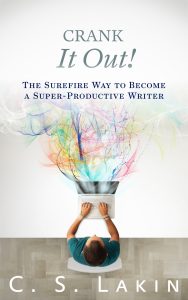 The book releases in paperback and ebook on MARCH 28. But if you preorder the ebook, you’ll get it for only 99 cents on release day!
The book releases in paperback and ebook on MARCH 28. But if you preorder the ebook, you’ll get it for only 99 cents on release day!
Regardless of whether you write fiction or nonfiction, if you want to get established as an author, you need to be productive. Highly productive.
You can’t just write one terrific book and call it good, expecting that singular work to carry you atop the wave of success for years to come.
Studies show readers want 3-4 books a year from their favorite authors. And to build traction and a growing audience, authors need to deliver.
Preorder your ebook copy HERE. (The paperback copy won’t be up for sale until March 28).
Turn your life and career around by learning the surefire way to be the super-productive author you long to be!

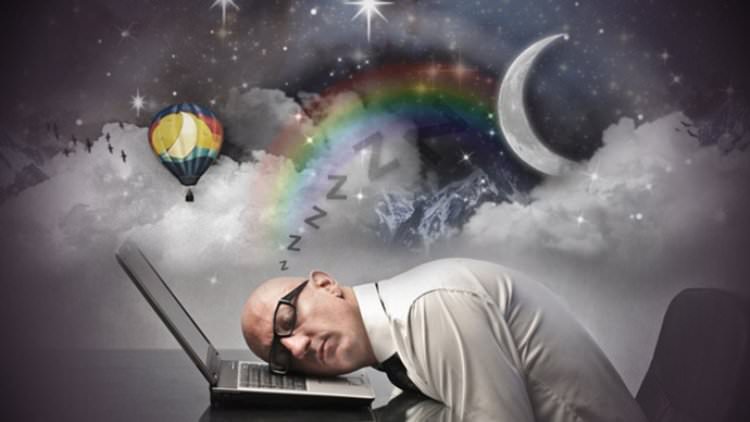
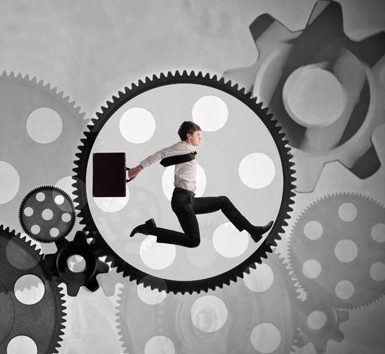
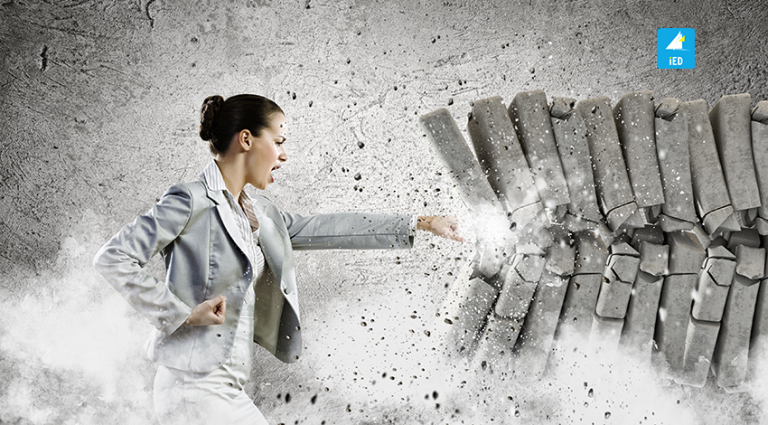
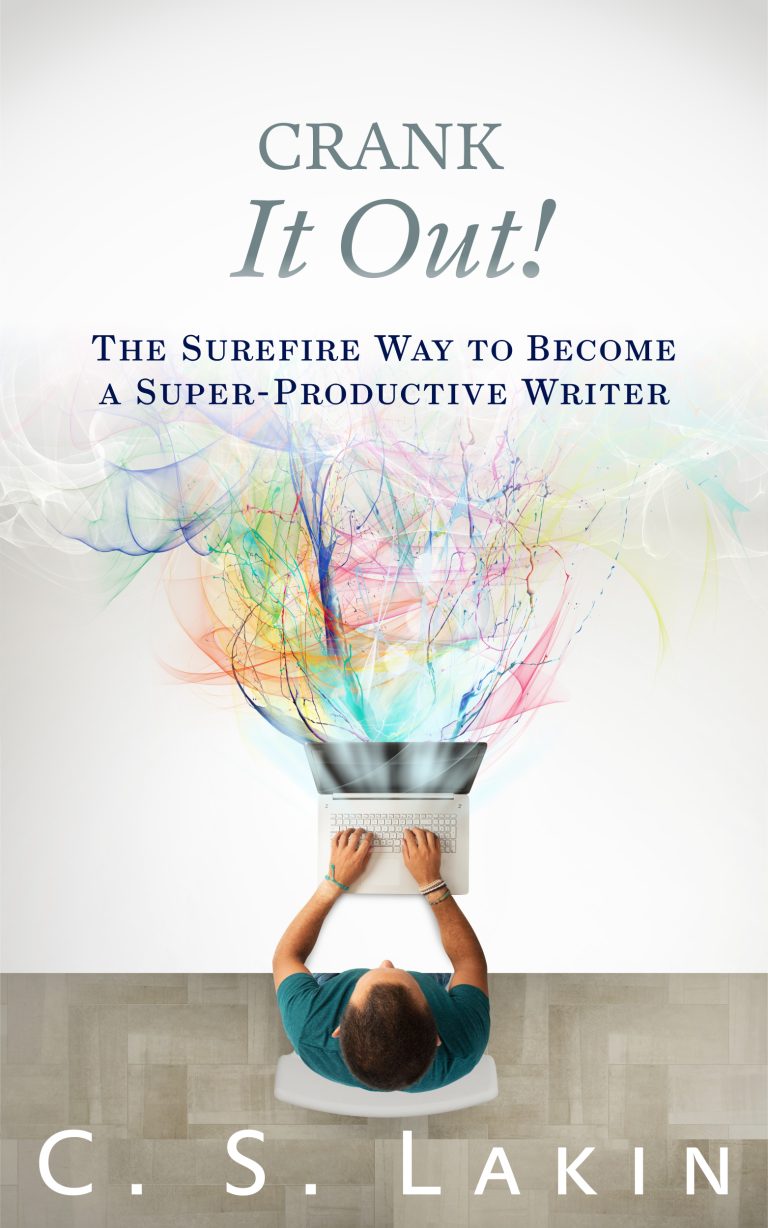

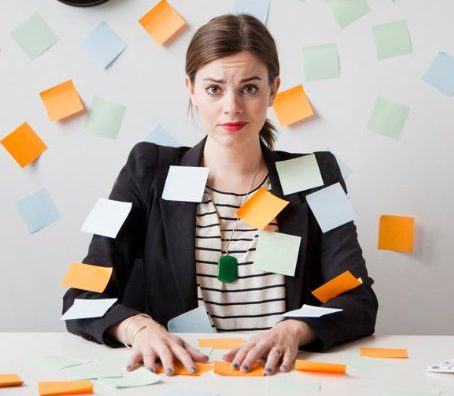
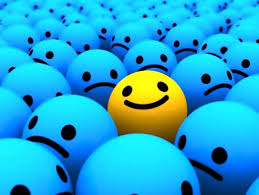




Oh boy do I feel this today! My fiance just started on mornings, so I’ve been trying to adjust with him(I’m a freelancer who generally started at around 1PM before this) and it has been extremely difficult.
Thank goodness for naps though!
Great blogs. Thank you.
I am terrible when I don’t get enough sleep. I usually warn my family those mornings when I haven’t slept. But for me, I do much of what you said to get to sleep. Unfortunately many times, I simply can’t get to sleep or when I do, I wake up in the middle of the night and then I’m up for the day. Frustrating.
Good post here. I’ve shared it generously online. All best to you.
Great overview post! On the blue-light-screen theme, one I thing I do is work on a desktop monitor that I’ve Dimmed and Warmed. Dimming is easy with standard brightness controls. But what I also do is change the overall color temperature (the wavelengths of the light spectrum coming at me). Instead of using the standard 6500K (“K” stands for degrees on the Kelvin scale), which is, as stated, quite blue, I use a Colorimeter to lower my monitor’s temperature to around 4000K, which is closer to the light coming from an incandescent light bulb (remember those?). Consequently, I have a warm, dim monitor that I stare at. And it’s made a YUGE difference in my levels of eye fatigue and, I believe, readiness to sleep.
Oh, and I nap regularly. Every day.
Thanks for that helpful info, Harald. I think I’ll go take my nap now.
Great article—spot on. When I don’t sleep enough or regularly, I can work and get things done pretty well, but feeling like crap isn’t worth it. Worse, I get pretty serious/rapid heart palpitations. You mentioned cortisol—yep. It’s my electrolyte balance (related to cortisol), and instead of taking the drug the cardiologist automatically prescribed, I’ve just done the research and made a commitment to taking better care of myself, including sleep (but OH when that story is just flowing I don’t want to go to bed….). But making sure I sleep right (and regularly) means I hardly have a problem.
This hit hard as I’m a coffee drinker, all day, every day. After reading this chapter from Crank It Out I was reminded of a quote from Winston Churchill:
“You must sleep some time between lunch and dinner, and no half-way measures. Don’t think you will be doing less work because you sleep during the day. That’s a foolish notion held by people who have no imagination. You will be able to accomplish more.” For the first time in years, I reached for my pillow instead of my coffee cup in the afternoon and afterwards had some of the best writing time I’ve experienced. My wife and I have cut back from 3 lbs of coffee / week to only 1. Thank-you for bringing this to our attention – we’re better off for it.
Wow, great to hear this! And I relate to that feeling in the afternoon, especially in the winter. I’ve found even twenty minutes of closing my eyes and lying down on the couch, even if I don’t fall asleep, makes me super alert for a couple of more hours of work.